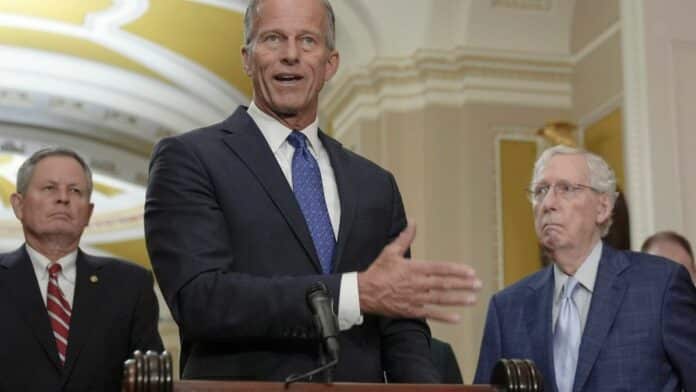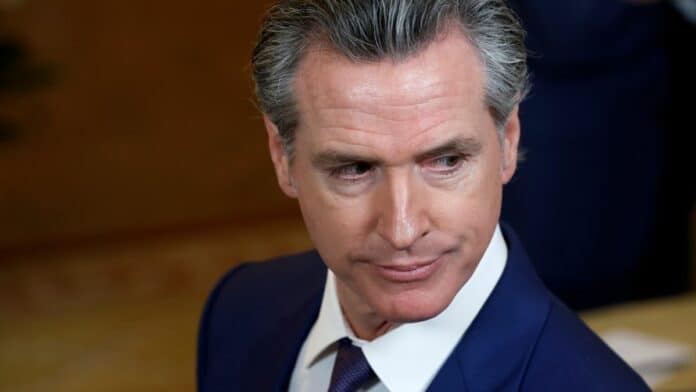Senate Republicans confirmed 107 of President Trump’s nominees in a sweeping party-line vote even as the federal government remains in partial shutdown. That batch included ambassadors, senior executive officials, prosecutors, and the reappointment of SEC Chair Paul Atkins. The confirmations represent a major push to install Trump administration officials across key federal agencies, continuing the president’s long-term reshaping of the executive branch.
The confirmations leveraged a new Senate rule enabling bulk votes on nominees via a simple majority—an aggressive procedural change pushed through after Democratic obstruction blocked individual approvals. Senate Majority Leader John Thune accused Democrats of engaging in a “temper tantrum” by stalling Trump’s agenda. He emphasized the importance of keeping the government functioning despite political gridlock, calling the confirmations essential to maintaining leadership across departments amid national uncertainty.
Critics argue that bypassing traditional debate undermines transparency and accountability, particularly during a shutdown when public attention is elsewhere. Democrats contend that confirming over 100 nominees without full hearings limits vetting and may conceal unqualified or politically motivated appointees. Still, Republicans see the move as necessary to overcome partisan resistance and ensure that Trump’s policies are implemented without delay. The effort reflects the party’s broader strategy of asserting executive authority even amid congressional dysfunction.
This maneuver draws sharp contrast: while Senate floor time remains consumed with shutdown drama, Republicans are accelerating administrative appointments. The confirmations highlight a sharp division in priorities—governance versus obstruction—and preview more heated battles as both parties position for influence ahead of 2026.












